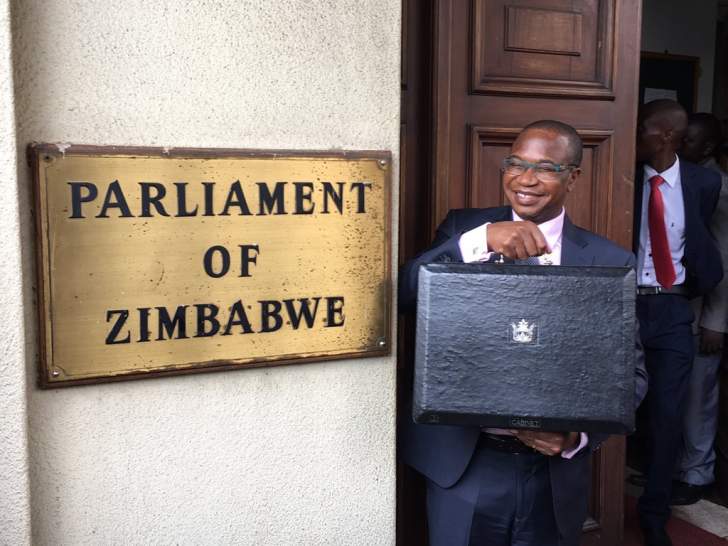Staff Reporter
Minister of Finance, Economic Development and Investment Promotion, Professor Mthuli Ncube, proposed during yesterday's mid-term budget review in Parliament that all user fees for Government services be payable exclusively in local currency, unless specified otherwise.
This policy aims to bolster the use of Zimbabwe's local currency and provide economic relief to citizens.
The announcement was met with enthusiasm from various sectors across the country.
Zimbabwe National Organisation of Associations and Residents Trust (ZNOART) National Chairperson, Shalvar Chikomba, praised the initiative, recognizing its potential to alleviate financial burdens.
"This proposal by Minister Ncube is a commendable step toward helping the citizenry manage their expenses more effectively. Paying Government fees in local currency enhances affordability and accessibility, aligning with our national interests," Chikomba stated.
Tendai Moyo, a Harare-based educator, expressed relief over the decision, highlighting the practical benefits.
"This is a sensible move that will ease the financial strain on families like mine. Paying in local currency for essential services such as passports and licenses will be a huge relief," Moyo noted.
Echoing this sentiment, businessman Kudakwashe Tanaka from Bindura called on the Government to ensure compliance across all agencies.
"Government must enforce this policy stringently and curb entities that prefer charging in US dollars, which excludes average Zimbabweans from accessing crucial services. We now urge the government to consider re-introducing local currency payments for passports. It’s essential for promoting inclusivity and supporting our economy," Tanaka urged.
The shift to local currency payments for Government services will mark a significant step in Zimbabwe's economic strategy, aiming to stabilize the local economy and reduce dependency on foreign currencies.
This proposal not only promises to simplify transactions but also reinforces the value of the Zimbabwean currency, fostering a stronger sense of national economic identity and independence.




